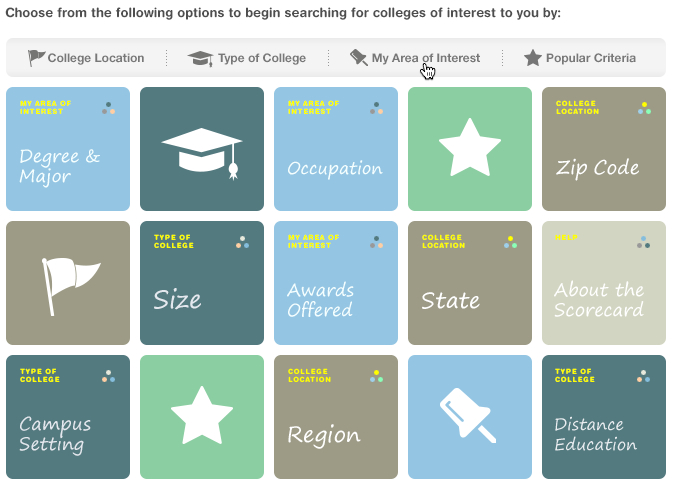A recent article on CNN.com addressed the issue of hooking up and not hooking up on college campuses. While it’s not a subject that parents like to discuss, it is a reality. I know when my naïve 18 year old daughter headed off to college, it was one of my biggest fears. Knowing what it means, how to address it and what to do if it happens should help ease your mind a bit.
Here’s my Top 10 list of things every parent should know:
1. What is hooking up?
The term “hook up” is vague, but is usually defined as a no-commitment, physical encounter with a stranger or acquaintance. Hooking up can range from just a casual get-together to a make out session to sexual intercourse. Knowing this makes it difficult to discern just what it means when your college student tells you they “hooked up” with so and so.
2. Hooking up is today’s alternative to dating.
When we were in school, everyone dated. That meant going to the movies, out for pizza, and spending time together getting to know one another. In today’s culture, hooking up often precedes the dating.
3. Hooking up IS happening on campus.
According to the article on CNN.com, “various academic studies have cited at least 75 percent of women have engaged in hooking up on campus, and the number is usually higher for men.” If your college-bound teen enters that culture, they are going to be confronted with this type of behavior.
4. Hooking up is every parent’s nightmare.
Yes. It brings terror into our hearts to think that our sweet little child would even consider hooking up with an absolute stranger. But the unfortunate reality is that it does happen and it’s your job as a parent to be informed and help your college-bound teen to be prepared.
5. Not EVERY college student is doing it.
This knowledge will help you in talking with your teen about his or her options. Many college campuses have groups that exist to offer alternatives to hooking up and give students the power to say no to that culture. (Check out the Love and Fidelity Network)
6. You need to have the sex talk with your college bound teen BEFORE they leave for college.
This means you need to open up the dialogue about hooking up, what it means, and the fact that they have choices. You are the most powerful influence on your child and now is the time to get them the information they need before they leave home. They may act like they aren’t listening, but they are. Look for opportunities to discuss the risks of hooking up and the alternatives.
7. Denial is NOT an option.
Hiding your head in the sand is not the way to address this issue. It’s your job as a Parent College Coach to accept the reality of this culture and prepare your teen for his or her first hooking up encounter on campus. When it happens (and it will) it won’t blind side them, giving them with options.
8. Peer pressure is a HUGE factor.
Peer pressure in college can be even greater than in high school. Your child is alone, surrounded by all types of behavior. You aren’t there to pull in the reins and they are free to go in any direction they choose. The hook up culture can be hard to avoid; and if your college student decides to go Greek, the pressure intensifies.
9. Hooking up is most often precipitated by alcohol.
The drinking culture on college campuses drives the hook up culture. Young, naïve students get drunk and lose control of their emotions. Hooking up becomes easier and it provides opportunities for your college student to be coerced into something they might not necessarily choose when sober.
10. It’s a choice your college-bound teen will make.
Your child will have the power to choose. They can choose to hook up or choose not to. They are free to make that choice and it’s a choice that they will be confronted with when they go off to college. Arming them with the knowledge of how to respond to this choice allows them to protect themselves.
Parenting, on the best day, is hard. It’s hard to let go. It’s hard to trust. It’s hard to believe that the child we raised has become independent and knows what they need to know to survive in the world. But it’s our goal as parents to provide them with the knowledge and the tools they need to survive.
Further reading:
No Hooking Up, No Sex for some Coeds
The Sociology of Hooking Up
Hook-Up Survey Presented at Sociology Conference
The hookup culture: Having casual relationships is the new dating









